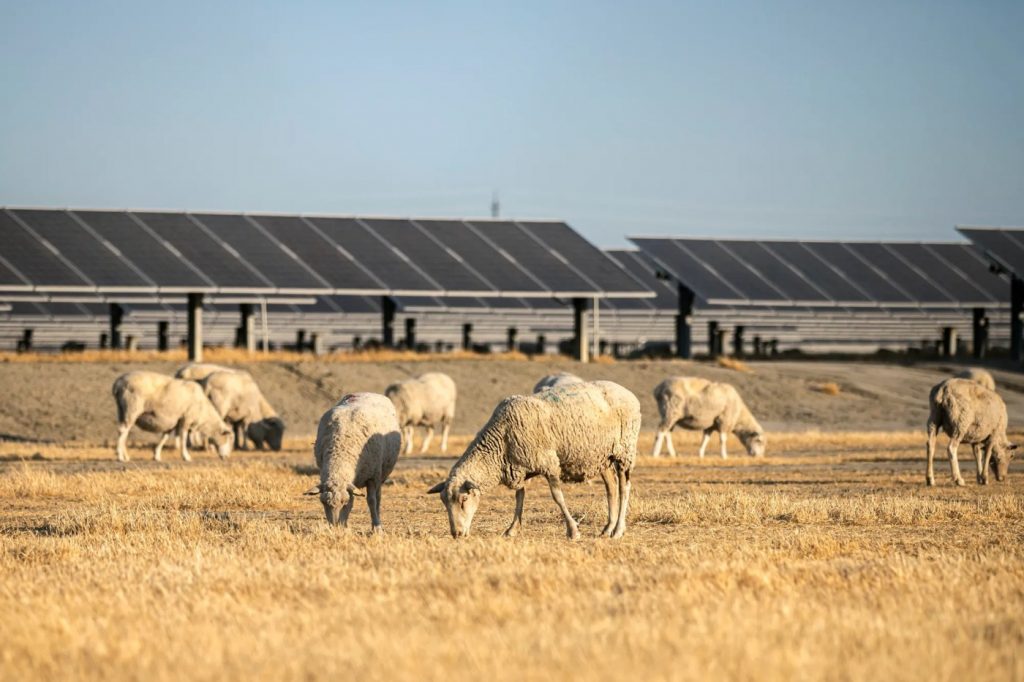A couple of weeks ago, the California Water Resources Control Board put five agricultural water agencies in Kings County on probation for failing to adequately manage underground water supplies in the Tulare Lake Basin that have been seriously depleted due to overpumping.
It was the state’s first major enforcement action under the State Groundwater Management Act, passed a decade ago to protect the aquifers that farmers have used to supplement or replace water from reservoirs that’s curtailed during periods of drought.
In some areas, so much groundwater has been pumped that the land above it has collapsed, a phenomenon known as subsidence.
The board’s action on April 16 not only subjects the Kings County agencies to fees and tighter monitoring but sends a message to irrigators throughout the state that they must get serious about eliminating overdrafts after having a decade to adopt aquifer management plans.
Curtailing groundwater use is not an isolated event, but rather a significant piece of the state’s declared intent to reduce the share of water devoted to agriculture — roughly three quarters of overall human use — as the state adjusts to the effects of climate change.
As if to punctuate that goal, federal water managers have told San Joaquin Valley farmers that despite two wet winters they will receive less than half of their contracted allocations of water during this year’s growing season.
In decades past, when surface water from reservoirs has fallen short of demand, farmers have drilled deep wells to tap aquifers. With the state water board cracking down on groundwater, it is inevitable, experts say, that some fields will have to be taken out of production.
The Public Policy Institute of California, which closely monitors management of the state’s water supply, has estimated that at least 500,000 acres of farmland will be fallowed when the groundwater law is fully implemented.
Whose lands will be affected, what happens to idled acreage and the financial impacts are issues hovering over groundwater reduction.
One day after the water board’s crackdown on Kings County, a hint of those issues surfaced as the Assembly Utilities and Energy Committee approved legislation that would make it easier for farmers whose access to groundwater is restricted to convert their fields into solar energy farms.
Assembly Bill 2528, carried by Assemblyman Joaquin Arambula, a Fresno Democrat, would allow affected farmers to withdraw their land from Williamson Act conservation contracts and use it for solar power generation without paying the stiff cancellation fees now in current law.
The six-decade-old Williamson Act gives farmers big reductions in their property taxes in return for making long-term commitments to keep land in agricultural production.
Related Articles
Tufekci: This may be our last chance to halt bird flu in humans and we are blowing it
Bird flu’s disturbing new turn into cattle — are California herds safe?
Opinion: Sites Reservoir project is a huge boondoggle with harmful effects
Avian flu outbreak raises a disturbing question: Is our food system built on poop?
‘It’s environmental racism’: Monterey County agriculture officials sued over farm chemicals near Latino schools
Arambula told the committee that “many agricultural landowners are at risk of losing access to water that is essential for their ability to farm their land (and) this confluence of water sustainability needs and clean energy demand creates an opportunity for us to craft an approach that addresses multiple economic and environmental goals.”
The bill is backed by the solar power industry and the Western Growers Association, which generally represents large farmers. However, the California Farm Bureau, with many relatively small farmers as members, is opposed, saying the bill could undermine the Williamson Act’s goal of conserving farmland.
The split between the two farm groups implies that as groundwater is curtailed, there will be a scramble over the conversion of fallowed fields. Some farmers are already lining up deals with solar energy interests that would be even more lucrative if they can cancel their Williamson Act contracts without paying hefty cancellation fees, as much as 25% of the land’s value.
Dan Walters is a CalMatters columnist.


